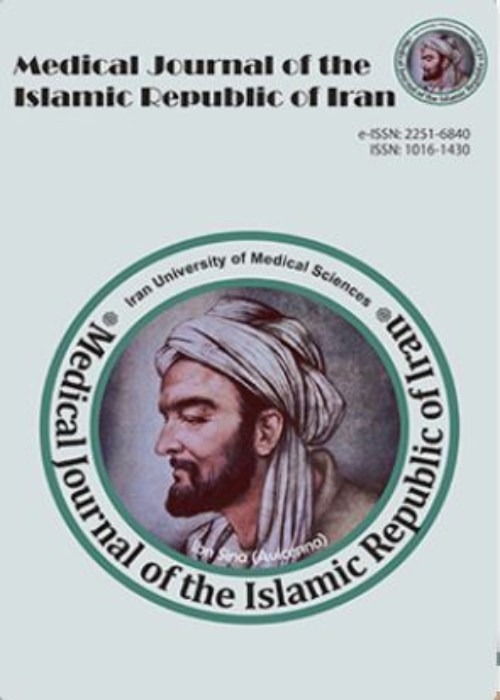Deregulation of the Expression of Beclin1 and Light Chain 3(LC3), Autophagy-Related Genes, in COVID-19 Patients
The autophagy machinery is reported to be employed by Coronaviruses during their replication. Beclin-1 (BECN1) and protein 1 light chain 3 (LC3) are two key elements in the autophagy process, and their inhibition can prevent the replication of some coronaviruses in vitro. Here, we aimed to investigate the expression levels of Beclin-1 and LC3 in COVID-19 patients and healthy controls, hoping to find new therapeutic targets.
This cross-sectional study was conducted in Imam Reza and Ghaem University Hospitals, Mashhad, Iran. Nasopharyngeal samples of 68 consecutive Covid-19 patients and 61 healthy controls, who have been referred to the laboratories for COVID-19 PCR testing between 21 March to 21 September 2021, were used in order to evaluate the expression of BECN1 and LC3 genes using the Real-time quantitative PCR method. Demographic and other laboratory findings of patients were extracted from the hospital electronic system. SPSS Statistics 16.0 and Graph Pad Prism 8.4.2 soft wares were used for statistical analysis. Non-parametric tests were used.
BECN1 expression was significantly higher in COVID-19 patients compared to the controls (14.37±18.84 vs. 4.26±7.39, p=0.001). The expression of LC3 gene was significantly lower in patients compared to the controls (1.01±1.06 vs. 1.49±1.12, p=0.007). There was no significant correlation between the expression levels of BECN1 and LC3. Patients with lower BECN1 expression showed significantly higher RBC counts, higher Urea and lower HCO3 levels. The patients in LC3Low group showed significantly lower MCH, MCHC and PH levels compared to the others.
Regarding the significant difference in the expression of BECN1 and LC3 in COVID-19 patients compared to the controls, these molecules may have a role in the pathogenesis of this disease. In case of further confirmation of this role, these molecules may be used as possible therapeutic targets.
- حق عضویت دریافتی صرف حمایت از نشریات عضو و نگهداری، تکمیل و توسعه مگیران میشود.
- پرداخت حق اشتراک و دانلود مقالات اجازه بازنشر آن در سایر رسانههای چاپی و دیجیتال را به کاربر نمیدهد.



